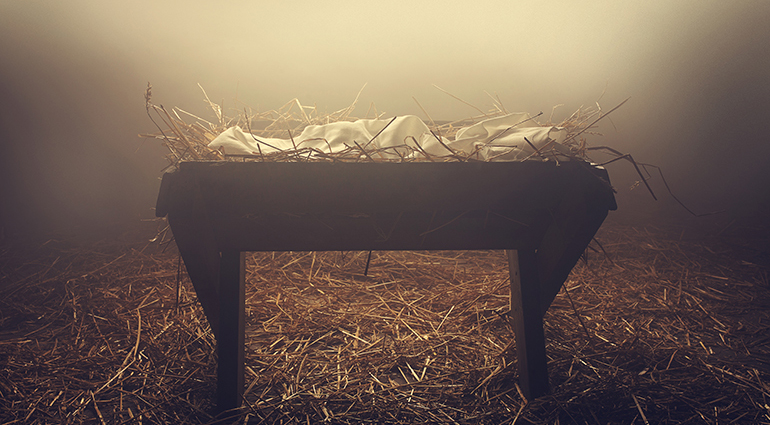Breaking the Silence
He will go on before the Lord, in the spirit and power of Elijah . . . to make ready a people prepared for the Lord. Luke 1:17
At the end of the Old Testament, God seems to be in hiding. For four centuries, the Jews wait and wonder. God seems passive, unconcerned, and deaf to their prayers. Only one hope remains: the ancient promise of a Messiah. On that promise the Jews stake everything. And then something momentous happens. The birth of a baby is announced.
You can catch the excitement just by reading the reactions of people in Luke. Events surrounding Jesus’s birth resemble a joy-filled musical. Characters crowd into the scene: a white-haired great uncle (Luke 1:5–25), an astonished virgin (1:26–38), the old prophetess Anna (2:36). Mary herself lets loose with a beautiful hymn (1:46–55). Even Jesus’s unborn cousin kicks for joy inside his mother’s womb (1:41).
Luke takes care to make direct connections to Old Testament promises of a Messiah. The angel Gabriel even calls John the Baptist an “Elijah” sent to prepare the way for the Lord (1:17). Clearly, something is brewing on planet Earth. Among the dreary, defeated villagers in a remote corner of the Roman Empire, something good is breaking out.
INSIGHT
The virgin birth of Christ is not the only miracle in the Christmas story. John the Baptist’s birth was also miraculous. His father, Zechariah, was a priest of the line of Abijah (a priest during David’s time descended from Aaron) who served at the temple in Jerusalem twice a year. John’s mother, Elizabeth, was a cousin of Mary and also a descendant of Aaron (the first high priest). Zechariah and Elizabeth faithfully followed God’s laws, yet they were “very old” and were childless because Elizabeth could not conceive (Luke 1:5–7). God miraculously blessed this elderly couple with a child—and no ordinary child. Their son would be “great in the sight of the Lord” (v. 15) and “make ready a people prepared for the Lord” (v. 17).
What in the Christmas story is most meaningful to you?


